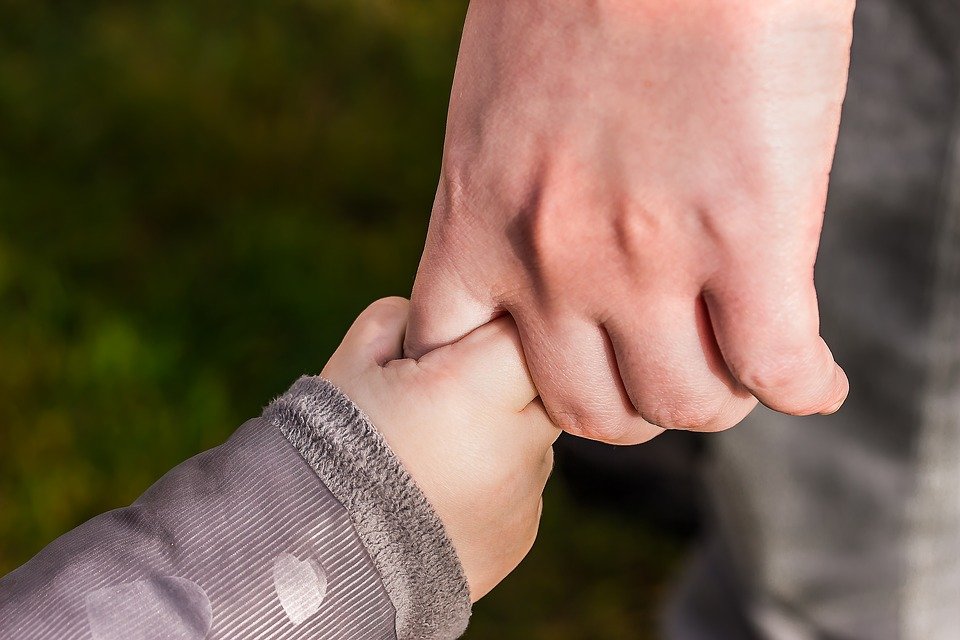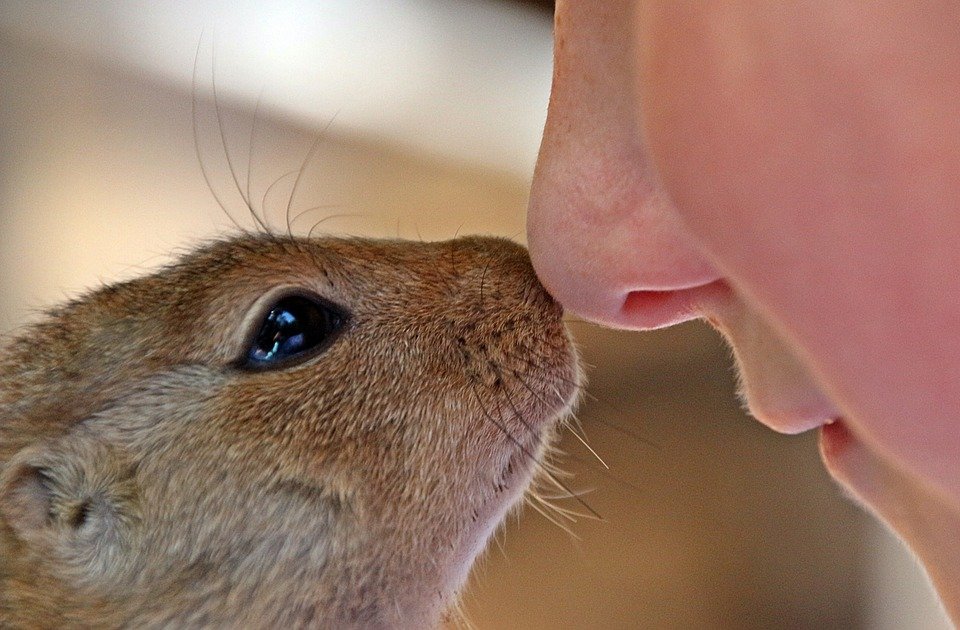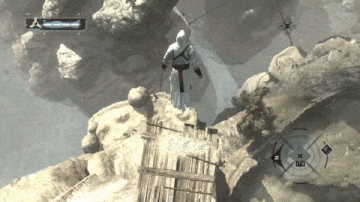What makes us trust others? Why should we be trustworthy? What factors affect to maintain it or to lose it? and once lost, is it possible to recover it?


Family and trust
The development of trust in us is given by the initial links we establish as a child with our parents, because in that period we are completely dependent on them; If the relationship is dysfunctional and unstable, we may develop an inability to trust others. If, on the other hand, there were positive attitudes, we can develop a basic trust towards the world. However, it does not imply that, in the course of our growth, we can not modify these basic structures. Nevertheless, we should accept the fact that the ability to trust is largely learned. And the family is the most important social structure in order to teach it.

Basically, trust is an assessment that we make of the intentions, on whom we grant or deposit it, with respect to a particular conduct or action. It is an expectation about the behavior of the one we trust.
Our relational and affective world, is raised on this assessment we make of others, based on the experiences lived; in other words, it depends on the nature and the kinds of interactions we have. For there to be trust, we have to take into account the duration of the relationship and the nature of it.
When we say I trust you, we are doing it in a specific context that makes us think and interpret that this person is trustworthy, then when we get evidence that what we believe or think is true, we extend and generalize that assessment to other contexts, that is, I value my relationship with you in many ways, for the pleasure of being together, for the support we offer, for the benefit we both get, etc. One of the reasons for which we are reliable is to give continuity and permanence to the relationship.
The more important and valuable the relationship is to us, the more likely it is that we will trust more and probably also be worthy of it. We trust relatives, friends and very close people. We enjoy their presence in our lives and we want to preserve it, therefore, we would try to earn their trust so we can be equally involved in this relationship. We make those judgments based on the experiences of past encounters with other people. The experience will determine the expectations and perceptions you have about that person
Relationships and trust

Relationship can be created starting from minor exchanges and eventually becoming something much more thanks to an increasing bonding, especially when the trust placed gets bigger and bigger since motivates us to take care of them and protect them. We value them, we enjoy spending time with them and that is why we take care of them.
Here comes another important indicator when talking about trust, it not only depends on the expectations we have created, but also on the commitment of the people to whom we give our trust, as well as the constancy and regularity in their behavior.
A relationship based on trust aims to establish compatible and common purposes and objectives that support interaction in a given context. Likewise, it is important that we judge the suitability, abilities and aptitudes of a person to make it creditor of our trust
We rarey take the risk of trusting someone we are just getting to know, if we are not sure first and we check the reliability of that person and that we have the strong conviction that this person will have reasons to earn and maintain our trust. We can consider the fact of trusting people to be the same as to renounce security.
Trusting someone is something we will always be able to do, and we must accept the fact that there will always be a risk involved because the expectations we might have about other people can be totally wrong. Those expectations are always influenced by other factors such as promises, agreements, pacts and intentions.

In this sense, we are talking about trust being a belief, it is a cognitive process which can be defines as:
the performance of some composite cognitive activity; an operation that affects mental contents. | Source
the states and processes involved in knowing, which in their completeness include perception and judgment. | Source
If the person we thought was trustworthy ends up disappointing us, we will go through an emotional process:
Emotional processing happens when an individual experiences an emotionally distressing event and is able to cope with those experiences over time to the extent that new experiences can occur (whether stressful or not) without a return to the previous distress. | Source
a process whereby emotional disturbances are absorbed, and decline to the extent that other experiences and behaviour can proceed without disruption. | Source
The importance of trust
The differentiation of trusting someone and acting based on that trust is important. Trust is granted and accepted, it is not demanded, it must be earned. To trust is to believe in someone's promise. We usually make promises to the people with whom we have an active bonding and we hope to honor that promise.

The experience in taking risks with certain class of people is a key aspect in order to trust or not. Intuition, performance, skills, aptitudes, reputation, charisma, motivations, idiosyncrasy and culture are crucial attributes to formulate those judgments. They are assets, capital and resources that grant or reduce the trust placed in them.
In our relationships, family, friendship, having confidence gives the security that we are safe, we are in good hands, we also reduce uncertainty and doubt. We open our minds and hearts, to show ourselves as we are, without fear of getting hurt, almost as an act of faith that nothing bad will happen to us or be used against us. When this does not happen or we feel betrayed, disappointment and disillusion appear, and restore the original levels of trust will be very difficult, if not impossible. It would be like trying to join the pieces of a glass vase that has been broken, we can paste them, but the unions will be noticed and it will lose value.
Conclusion
Trust can be nothing more than a leap of faith we take, based on the perception we have about the person, on our subjective interpretation of this person values such as integrity, honesty and respect towards others.

In case we were mistaken, and this person doesn’t deserve our trust, we can take this as a lesson, and learn from it. Next time we will be wiser and our judgment will be much more refined.
We must not forget to be humble enough and accept when we make a mistake, because only this way can we truly grow as a person. If we make a mistake, the first step in order to learn is to accept it, so we can start to see what went wrong with our judgment and fix it.
What about your judgment? Do you think you have a proper one? Is it easy to earn your trust? Are you deserving of other people's trust?
I invite you to share your thoughts and opinions, and to take part in this exchange of ideas
References
vocabulary
britannica
study.com
emotionalprocessing.org
Image sources
1 , 2 , 3 , 4 , 5 , 6
If these titles sound interesting to you, I assure you the articles will be even better!

Don’t forget to be grateful with life
Shaping our future by learning from others
How can we create the future by thinking about it?
About our most valuable possession.
Teaching our synthetic children
Thoughts on "Artificial Intelligence and Consciousness"
